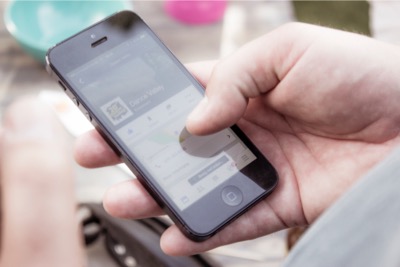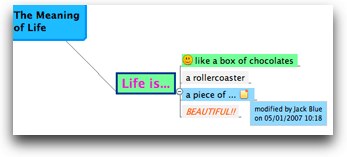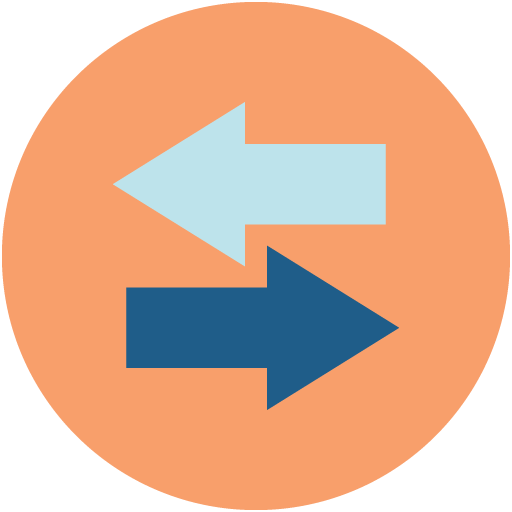Tell Stories With Data
Your data or mine?
With a unique combination of quantitative research, marketing and social media skills, I can not only get you the original data you need to rise above the fray, but also turn it into an irresistibly compelling story. Or I can work with the data you already have–like transaction data, social media metrics, app usage or customer feedback–to find the story that will win you new audiences and attention.
Data drives conversations
My content marketing projects drive social conversations because I bake the social strategy into the content. Each piece features tweetable links, bloggable excerpts and shareable infographics created by me or an independent designer. And it comes with a social media promotion plan calibrated to build your network and your brand.
The right form for your data-driven content
You can use data to power content like:
- White papers, reports and ebooks that generate media attention and leads
- Shareable infographics that present new insight
- Blog posts in an authoritative voice
- Presentations that make audiences take note
- Social media shareables like charts or data factoids
Data journalism for content marketing
Content marketers at the world’s most innovative companies and publications turn to me for data journalism that sets their content apart.
Here are some examples of my data-driven work.
No Results Found
The page you requested could not be found. Try refining your search, or use the navigation above to locate the post.
Power your content with data
Ready to start turning data into great, compelling content? Here are some of my top tips on how to tell great stories with data.

Halfway to hex: Anniversary gifts for geeks
To celebrate our half-hex wedding anniversary, we created a new, geek-friendly set of recommended anniversary gifts.

Online collaboration for your right brain, part 1: an introduction to digital mind mapping
Most online collaboration tools engage your left brain: that part of you that likes structure and organization, and supports linear, sequential thinking. Collaborative mind mapping, on the other hand, engages the right side of your brain by helping you think visually — together and online.

Online collaboration for your right brain, part 2: MindMeister…
How to use MindMeister as a powerful tool for collaborative mindmapping and brainstorming.

Kris Krug on Web 2.0 at STT
Technology and copyright
Technology is obsoleting copyright law. Encourages people to use Creative Commons for all their work.
» bonus tip: When publishing with Creative Commons, use the attribution noncommercial license, which means that any non-profit can republish your content, as long as they credit you as the original author (or photographer). But businesses won’t be allowed to take your content and make money with it.
Promote ownership of your brand
Let people remix your content. Give them creative assets to work with.
Let go of control. Don’t make the mistake the music industry made — trying to loc down their content, and alienating their fans.
Document everything
If it didn’t happen on the Internet, it didn’t happen.
The power of open source
Open source software development is inherently tied to social change. They are building things for the common grood while working around traditional power models.

Vision Vancouver debate
So far no huge policy differences except on the idea of a “speculator tax†(Gregor: pro. Al: con. Raymond: ?)
A great member question: your supporters can select a 2nd choice on the preferential ballot. What can you tell them about your two opponents’ qualities and contributions to guide their decision?
I was sorry that none of the three responded with specific praise for the others’ virtues. It was such a nice opportunity to transcend the “fight†paradigm.
